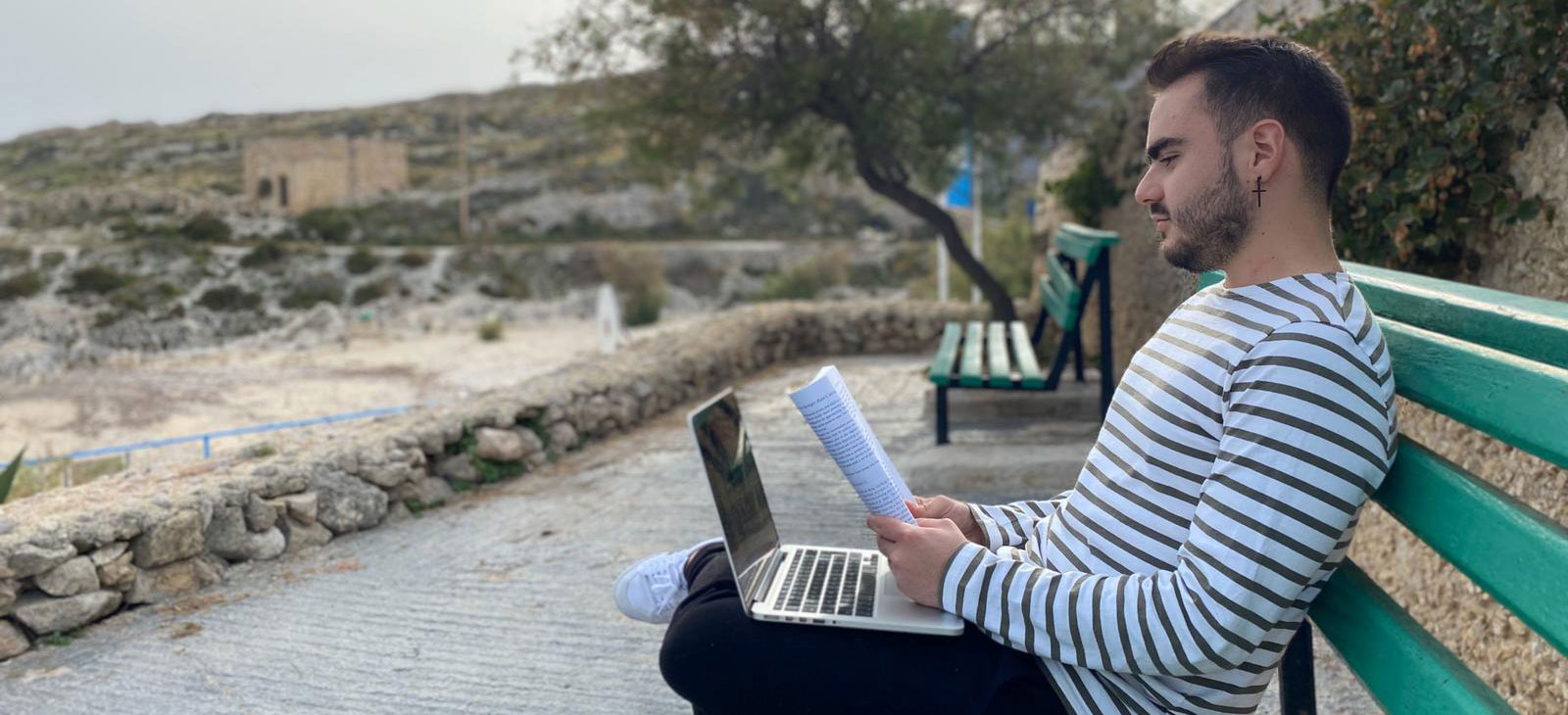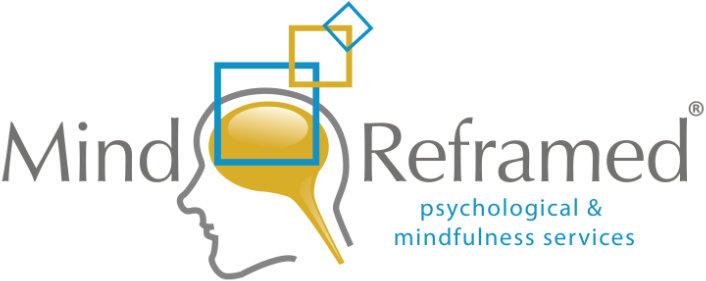
Although DBT was originally developed for those diagnosed with “borderline personality disorder”, it’s now available to anyone, with or without a formal diagnosis, who wants to improve their ability to safely experience and express emotions, tolerate distress, and handle challenges like impulsivity, mood swings, substance misuse, or intense relationship patterns.
If you’re autistic or living with ADHD and you struggle with emotional regulation, DBT can offer real support in coping with extreme emotional sensitivity, eating difficulties, self-harm and other urges, while also helping you manage feelings of anger, depression, anxiety or shame. We offer our programme live and online, giving you the same experience as our in-person sessions.
When and How
The online DBT skills groups are provided live via Zoom on Mondays at 5:45pm-7:15pm, Tuesdays at 4pm-5:30pm, Wednesdays at 6pm-8pm and Thursdays at 5:30pm-7:30pm. You will be sent a link to the class by one of the facilitators at least 24 hours before the first session of each module. We also offer in-person DBT groups near King’s Cross in London on Saturdays at 10am and 12:15pm.
We offer two online DBT options, providing flexibility to suit your needs, lifestyle and finances:
- Comprehensive Online DBT Programme: This full programme includes weekly individual therapy sessions, skills group, and phone-based skills coaching available seven days a week, supported by a dedicated DBT team consultation*.
- Skills Group Programme: For those unable to commit to the comprehensive programme, the skills group programme is an alternative option, following a few initial one-to-one orientation sessions. This option focuses on learning DBT skills in a supportive group setting. Should you encounter any difficulties engaging with the group, one-to-one check-in sessions can be available to support you and enhance your learning experience. We also recommend that clients arrange additional one-to-one support outside of the programme for the best outcomes.
* Individual therapists and group facilitators meet on a weekly basis and work as a DBT consultation team to ensure that they are all applying DBT appropriately and to assist you in getting the maximum benefit from the programme.
Entry Points
MONDAY 5:45PM-7:15PM: The next entry point to this group is on 8th September 2025 when the 12-week module in Emotion Regulation Skills is scheduled to begin. The fee is £1,020 (£85 x 12 sessions). After this module, the following DBT groups are scheduled:
- Interpersonal Effectiveness (1st December 2025)
- Core Mindfulness & Middle Path (9th March 2026)
- Distress Tolerance (18th May 2026)
Sessions will not be held on 25th August, 22nd and 29th December 2025, and 6th April, 4th and 25th May and 31st August 2026.
TUESDAY 4PM-5:30PM: The next opportunity to join this group is on 19th August 2025 when the 12-week module in Emotion Regulation Skills is scheduled to begin. The fee is £1,020 which covers 12 sessions (£85 per session). After this module, the following DBT classes are scheduled:
- Interpersonal Effectiveness (18th November 2025)
- Core Mindfulness & Middle Path (27th January 2026)
- Distress Tolerance (10th March 2026)
Sessions will not be held on 7th October, 23rd and 30th December 2025.
WEDNESDAY 6PM-8PM*: The next opportunity to join this group is on 30th July 2025 when the 8-week module in Interpersonal Effectiveness Skills is scheduled to begin. The fee is £680 which covers 8 sessions (£85 per session). After this module, the following DBT groups are scheduled:
- Core Mindfulness & Middle Path (24th September 2025)
- Distress Tolerance (5th November 2025)
- Emotion Regulation (14th January 2026)
Sessions will not be held on 24th and 31st December 2025.
THURSDAY 5:30PM-7:30PM*: The next opportunity to join this group is on 4th September 2025 when the 12-week module in Emotion Regulation Skills is scheduled to begin. The fee is £1,020 which covers 12 sessions (£85 per session). After this module, the following DBT groups are scheduled:
- Interpersonal Effectiveness (4th December 2025)
- Core Mindfulness & Middle Path (12th February 2026)
- Distress Tolerance (26th March 2026)
Sessions will not be held on 9th October, 25th December 2025 and 1st January 2026.
10-WEEK ADVANCED RELATIONSHIP SKILLS IN ACTION MODULE: This module is offered only twice a year. The group meets weekly on Wednesdays from 6pm to 7:30pm via Zoom. The fee is £85 per session (total £850), and the next entry point is on 15th October 2025. Contact us to register your interest.
* Should a lower number of participants sign up for (or attend) the 2-hour group we reserve the right to shorten the group to 90 minutes. This is because in smaller groups less time is required for mindfulness and homework review. The group might also be facilitated by one facilitator at a time instead of two.

What will I learn?
- 6-week Core Mindfulness and Middle Path module is crafted to help you heighten your awareness, reduce reactivity and unhelpful habits, and become less judgmental. Through this module, you’ll learn to focus your attention, embrace present-moment experiences without avoidance, and cultivate self-compassion. You’ll also discover ways to step away from extreme positions, finding balance by appreciating the value of different perspectives. This module offers powerful tools for a more mindful, centred, and compassionate approach to life.
- 8-week Distress Tolerance module is all about learning to handle challenging situations and emotions in a healthier way, empowering you to face tough moments without resorting to harmful behaviours like self-harm, conflict, or substance misuse. You’ll develop skills to manage overwhelming emotions by involving both body and mind, with a balanced focus on strategies for both acceptance and change. This module provides essential tools for staying resilient, grounded, and in control during life’s toughest moments.
- 12-week Emotion Regulation module is designed to help you understand and label your emotions, overcome barriers to change, and reduce emotional vulnerability and reactivity. You’ll learn to cultivate positive emotions, harness a more optimistic long-term outlook, and transform unhelpful emotional patterns. This module also guides you in reducing avoidance and becoming more comfortable with your feelings, empowering you to engage more fully with your emotions for a balanced and fulfilling life.
- 8-week Interpersonal Effectiveness module equips you with skills to build healthier relationships, handle conflict, and grow in self-confidence to communicate assertively. You’ll learn techniques for asking for what you need, saying no, setting boundaries, and managing tension in ways that both influence others and strengthen your relationships and self-respect. This module is especially valuable for anyone who experiences relationships as chaotic, intense, or unstable, or who feels their needs often go unmet. It’s a powerful step toward creating balanced, fulfilling connections in your life.
- 10-week Advanced Relationship Skills in Action module is perfect for those who have completed Interpersonal Effectiveness and are ready to elevate their relationship skills even further. You’ll dive into the social engagement system to understand how interactions influence your nervous system—and that of others—while exploring the theory and practice of dialectical thinking and balancing opposites. Learn how to balance the desire to influence with acceptance of the moment, strengthen your skills in self and other validation for better conflict resolution, and build emotional resilience in the face of invalidation. You’ll also gain insights on forming new relationships, enhancing likeability, and using relational reinforcement strategies effectively. Plus, you’ll have two immersive practice sessions where you can apply these skills to your own real-life scenarios and receive tailored guidance from the group trainer. This module offers a deep, hands-on approach to mastering advanced relationship skills in a supportive setting.
Further information
The fee is £85 per live class (payable per module) and we offer a small number of concessionary places in the groups to people on low income. Please email us to outline your circumstances.
DBT groups are designed to be intensive and interactive, not where you passively watch the screen. You can expect to be challenged by the didactics, demonstrations and discussions. The aim of this approach is to encourage you to use this coaching to help you maximise your use of the tools that you will be learning.
Our DBT skills classes can be attended alongside individual DBT therapy as part of the comprehensive DBT programme. Delivered live and online, it follows the same structured format as our in-person sessions, ensuring a seamless and effective learning experience. For full details, including programme structure and terms, please visit the DBT Programme section of this website.
Practicalities
- Please reserve the required time to ensure that you are not disturbed and can concentrate fully throughout the duration of the class.
- For the best and most comfortable experience, attend the class on the computer or laptop instead of a mobile.
- Have the camera switched on.
- Make sure that all other programmes on your device are closed and that nothing can disrupt your internet connection.
- Remain in a confidential space.




